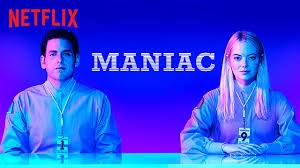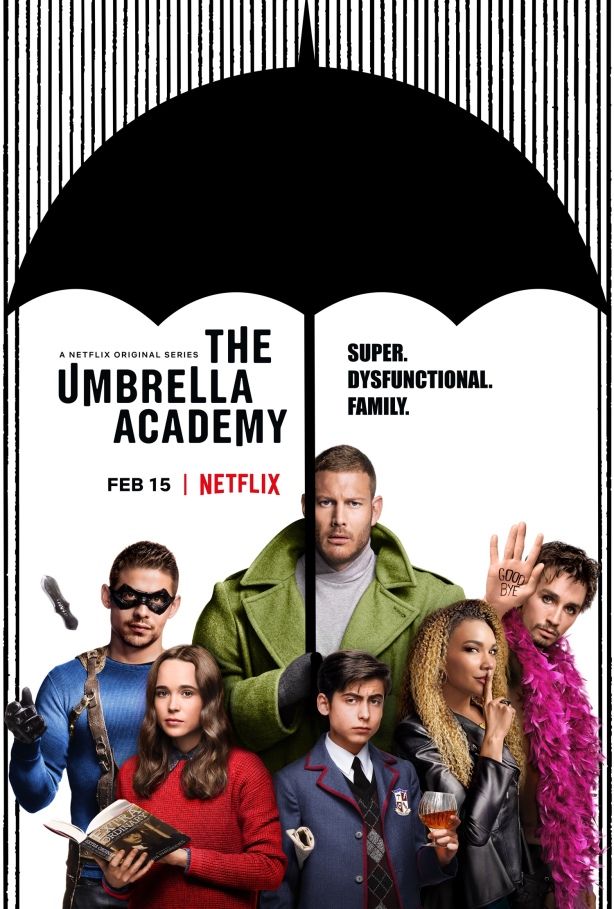It seems, by writing these posts, that I’ve been watching more media than I’ve been reading. However, I’ve also quit on a few shows as well and I wanted to briefly discuss why…

First up, The Walking Dead. I was a big fan of this series; I’ve re-watched the seasons 1-5 quite a few times and, it’s fair to say, I was slightly obsessed with it when it first came out. It made me more of a fan of the genre due to its internally consistent logic, it’s great world-building and some very decent acting. The human element was intriguing and the threats were real. That the zombies became a secondary danger compared to other survivors was well played initially but, for me at least, things began to unravel somewhere around season 6.
Rick’s character lost that thing that made him, him. He made choices that weren’t consistent with who he had become. Choices which, whilst obviously plot driven, seemed contrived. The introduction of yet another war-lord/cult leader with (again) a more equipped army and (again) a better suited stronghold who (again) has megalomaniacal ideas of control and domination felt… tired. Negan wasn’t the character he was promised to be and his Jim Carey-lite portrayal didn’t really work for me; he was neither unhinged enough to be scary and nor was he imposing or brutal enough to fear.
And then we came to ‘the scavengers’. It was this group that ended my love affair with the show. Whilst my wife bailed after season 6, I powered on, hoping the series would find itself again and reaffirm it’s gritty, realistic style, and get back to its roots. But, no. What we got was a group of post-40 year old emo/goths living in a scrap yard talking in a type of slang that had little to zero bearing on anything. The internal logic was gone. The Walking Dead had finally lost that thing that made me relate and had fallen into a feedback loop.
I couldn’t shake it off. In the world of Rick and the others, the apocalypse had been, at most, going on for three years (?). How on Earth had these scavengers devolved into a bunch of mute, Mad Max cosplaying, pidgin- talking weirdos in that space of time? It grated at me until I realised I’d lost the desire to know, to understand, to watch along anymore. I no longer cared if Carl stayed in the house; I no longer worried if Maggie or Carol would find their inner strength again (and speaking of Carol, her character arc was another massive sense of annoyance best left unpacked).
I loved The Walking Dead for a long time but, sometimes, it’s best to just delete that season you’ve been saving just in case and move on.


